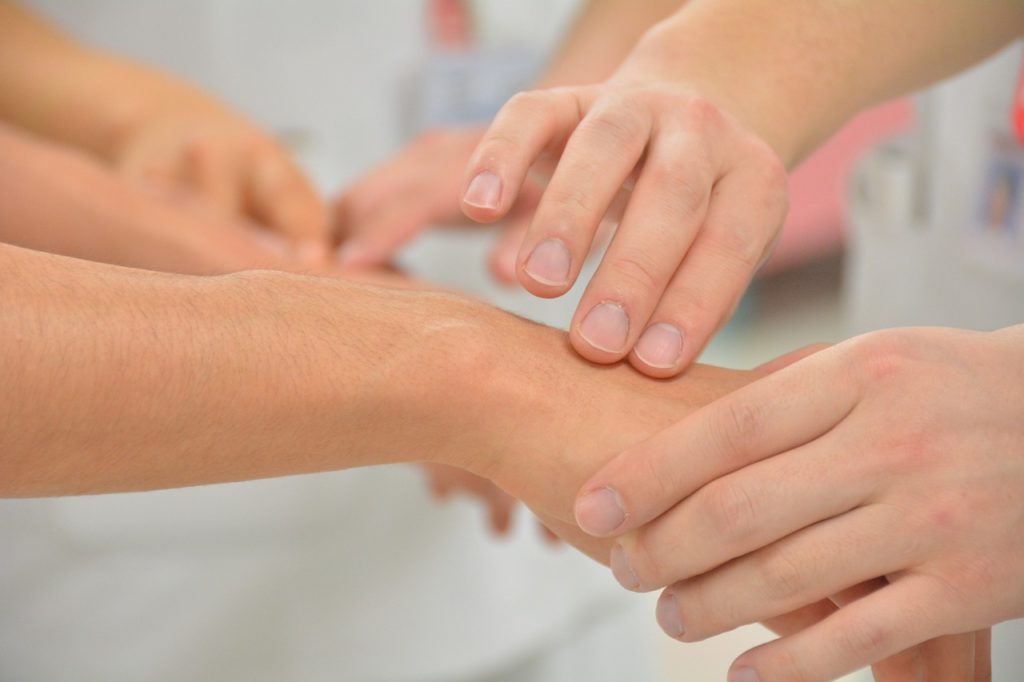Recognizing and supporting the role of family caregivers may be a way home health agencies can strengthen the current concerning state of care for older adults in the United States, according to a recent report from The National Academics of Sciences, Engineering and Medicine. This should include revising Medicare to provide more reimbursement for involving family caregivers, the report authors assert.
The 297-page report, Families Caring for an Aging America, was compiled over the last two years and released today with support from 15 sponsors by an expert committee from The National Academies of Sciences, Engineering and Medicine.
A larger emphasis needs to be put on family caregivers, whether older adults are receiving other services like home health care or not, the report explains. If caregivers are not recognized, there is a larger risk to the well-being of elders and their families.
This is not the first time family caregivers have been pinpointed for requiring more government support. There has been an ongoing push for some time, with industry support and legislation, to get family caregivers involved from the moment of discharge into the post-acute setting.
To maintain their loved one’s health, many family caregivers are interacting with a wide range of providers such as home health care agency professionals and paraprofessionals after being discharged from hospitals, the report found.
“In current care models, there is a huge focus on protecting the privacy and other personal health information of patients,” Jennifer Wolff, Ph.D., associate professor at Johns Hopkins Bloomberg School of Public Health and member of the Committee on Family Caregiving for Older Adults, told Home Health Care News. “Because of this, a lot of family caregivers who are navigating the system alongside their loved ones don’t have access to information to effectively meet their health care needs. This is why providers need to ensure that family caregivers understand the care needs of the older adults.”
One of the most recent regulations in this area is being pushed by the Centers for Medicare & Medicaid Services (CMS), which is finalizing a set of proposed revisions to Medicare regulations around the home health benefit.
The revisions that are proposed would require home health agencies to identify the care recipient’s primary family caregiver and then develop the Medicare beneficiary’s plan of care in partnerships with the older adult as well as the caregiver. The plan could include education and training for the caregiver specific to the needs of their loved one, according to the report.
If home health care providers can start the trend of communicating regularly with patients’ family caregivers from the beginning, it can help everyone involved in the situation. Because if ignored, caregivers have the potential of becoming burned out and over-stressed, which then in some cases will disrupt the work of home care workers in patients’ homes.
“Providers need to make sure they are educating their staff on how to engage family members,” Wolff says. “Currently curriculums for social work or nursing don’t necessarily include education on how to engage with family members regarding care delivery of older adults.”
Other ways home care providers can become more family centered is by working family caregivers to assess their willingness and ability to take on care tasks as well as seeing family caregivers as respected members of the care team, the report states.
“The impact of caregiving on families should not be ignored,” the report states. “If the needs of caregivers are not addressed, we risk compromising the well-being of our elders and their families.”
Written by Alana Stramowski




